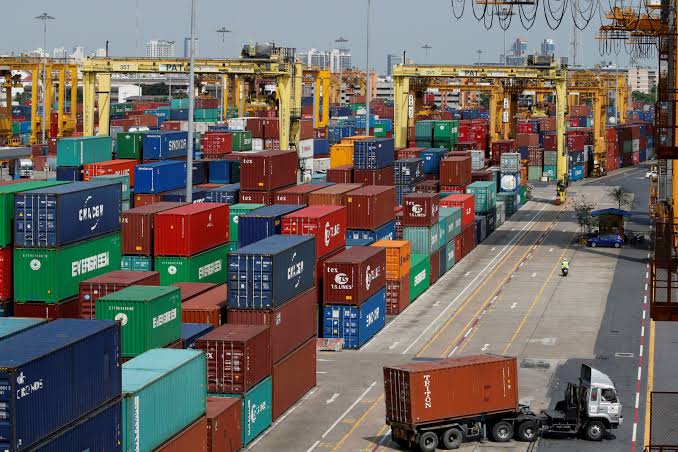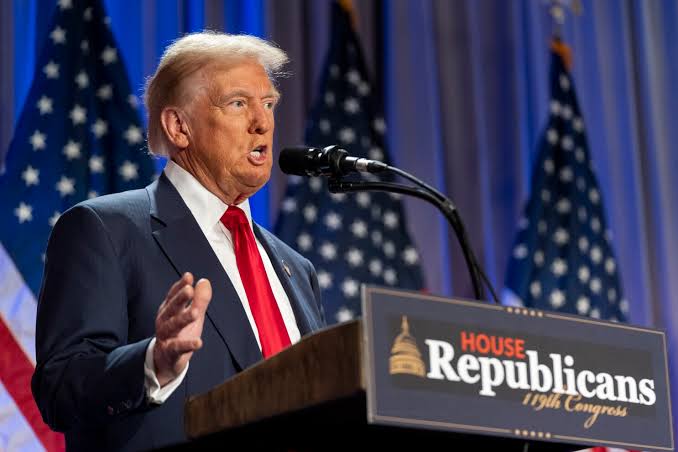South Korean President Yoon Suk Yeol may attempt to enforce martial law again or weaken constitutional institutions if reinstated, as parliament’s lawyers stated on Tuesday during the concluding phase of his impeachment trial.Following several weeks of testimonies from high-ranking officials, both current and former, some of whom are facing criminal charges for their involvement in the brief imposition of martial law on December 3, lawyers from both parties summarized their arguments and evidence at the Constitutional Court.
“Proclaiming martial law without a genuine national emergency is tantamount to declaring a dictatorship and military governance,” said Kim Jin-han, a parliamentary lawyer, addressing the justices.
He referenced pro-Yoon demonstrators who invaded a different court in January.” If he resumes his duties, we cannot predict whether he would again implement martial law,” Kim remarked. “Should he return, we cannot dismiss the likelihood that he will target other government and constitutional institutions.
“The Constitutional Court plans to conduct another hearing on Thursday to interrogate three additional witnesses, including the impeached prime minister and the former police chief.
Read more: Taiwan is Contemplating a Multibillion-Dollar Arms Deal with the United States.
The court is examining the impeachment of Yoon passed by parliament on December 14 and will determine whether to permanently dismiss him from office or reinstate him. If he is dismissed, a new presidential election must take place within 60 days.
Yoon contends that he had the authority as president to issue the martial law decree, which was in effect for approximately six hours before he rescinded it due to parliamentary opposition. He argued that his decision was also warranted by political stalemate and threats from “anti-state forces” sympathetic to North Korea.
His legal arguments at the Constitutional Court also included assertions that he never actually intended to halt parliamentary functions, even though the order was publicly announced and troops and police were dispatched to the legislature.
Yoon additionally deployed troops to the National Election Commission and later claimed that the decree was partly necessary due to the NEC’s reluctance to address allegations of election tampering, a claim that election officials have rejected.
Prosecutors have also charged Yoon on separate criminal counts of inciting an insurrection. He was arrested last month and is currently being held in a detention center.
The initial preparatory hearing for that case is set for Thursday.Insurrection is one of the few criminal offenses from which a South Korean president does not have legal immunity. Penalties can include life imprisonment or the death penalty, although South Korea has not carried out executions in decades.





